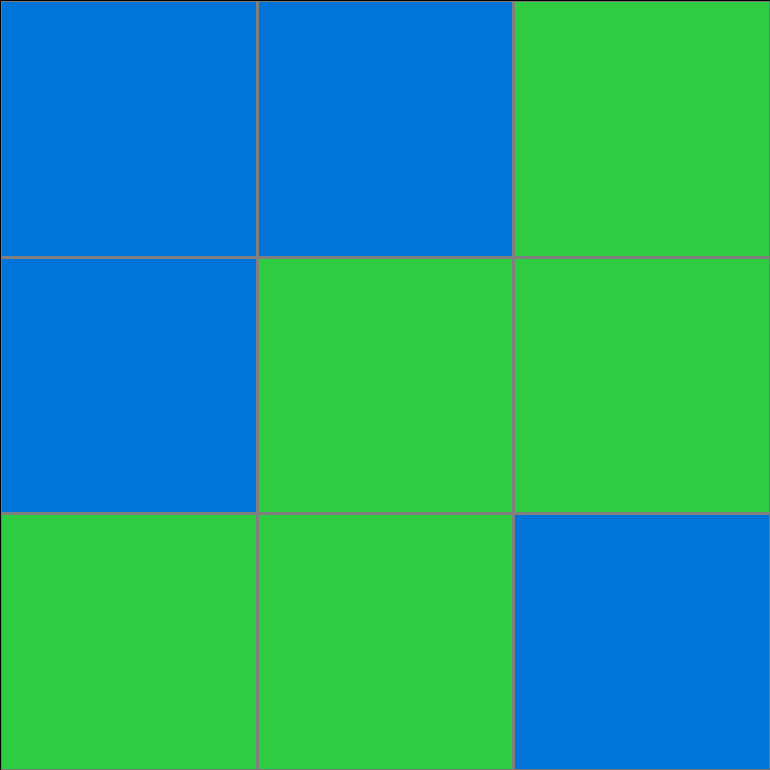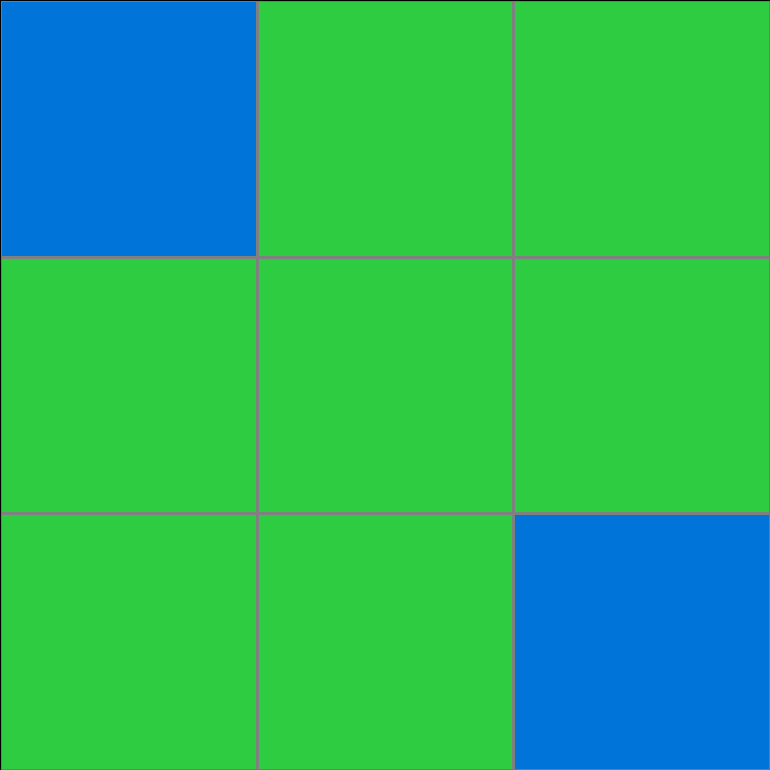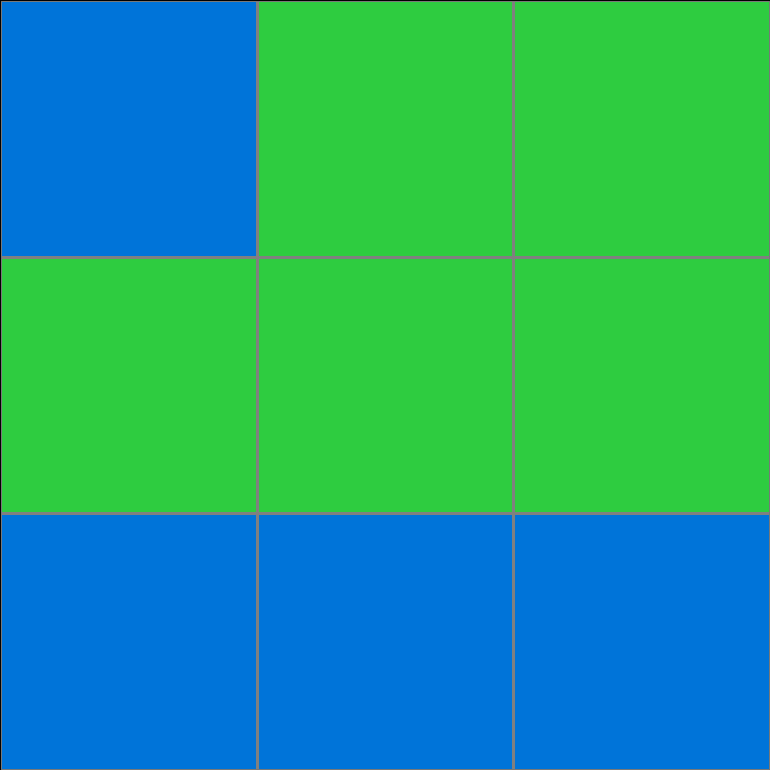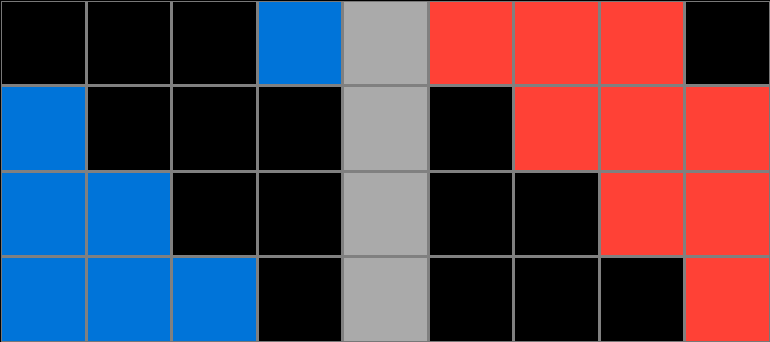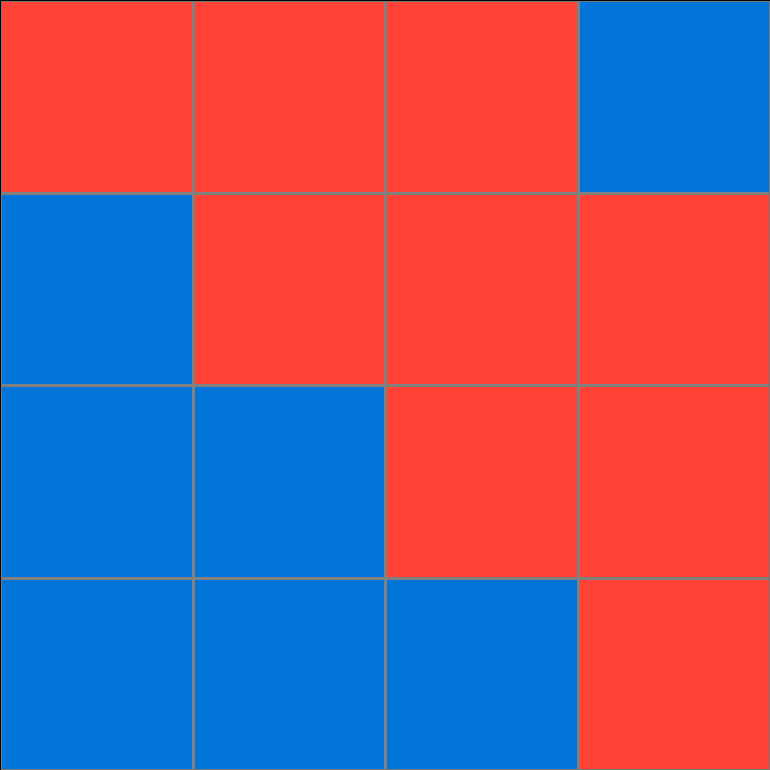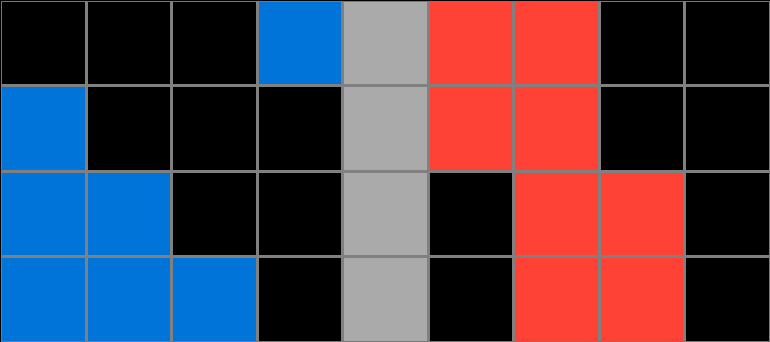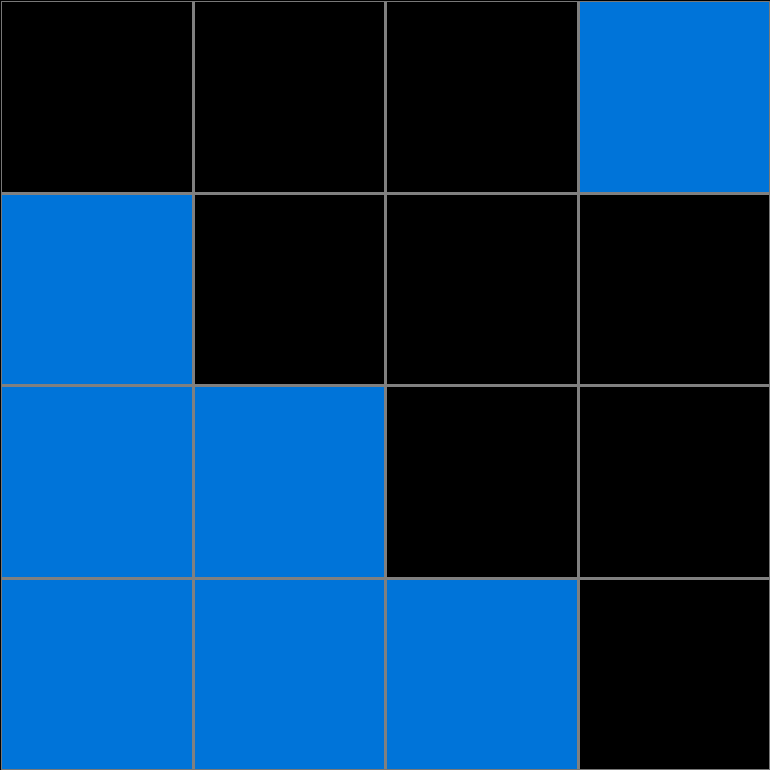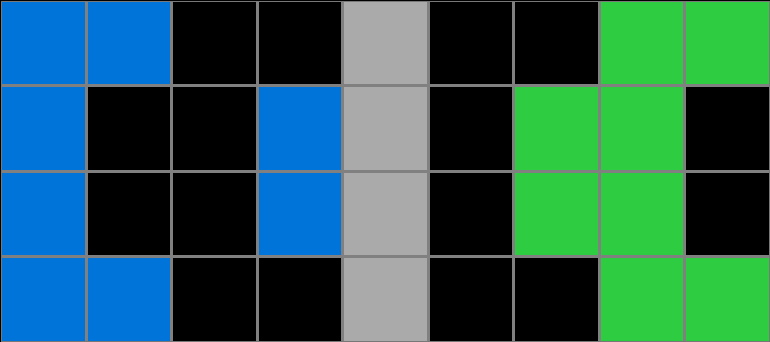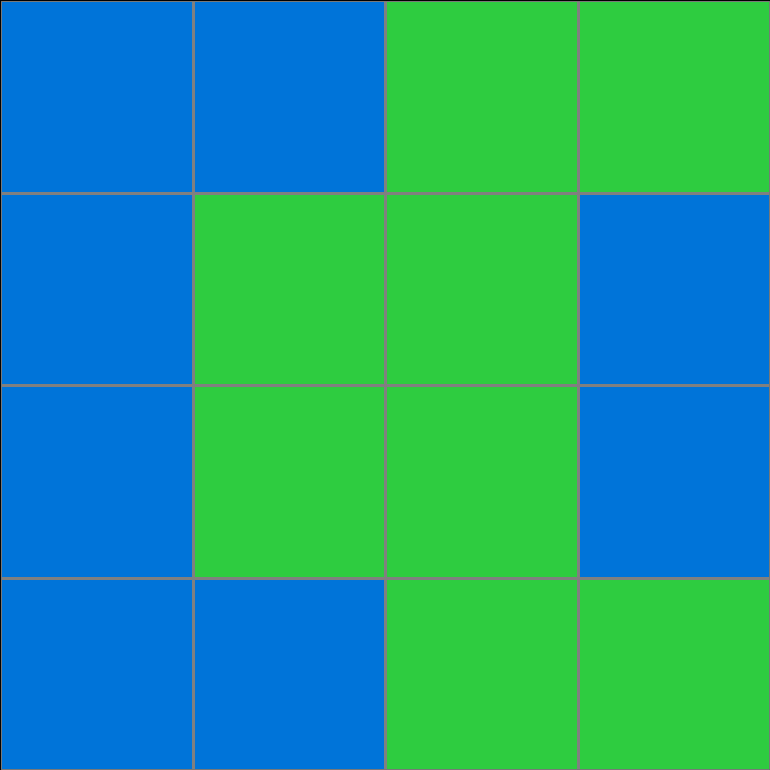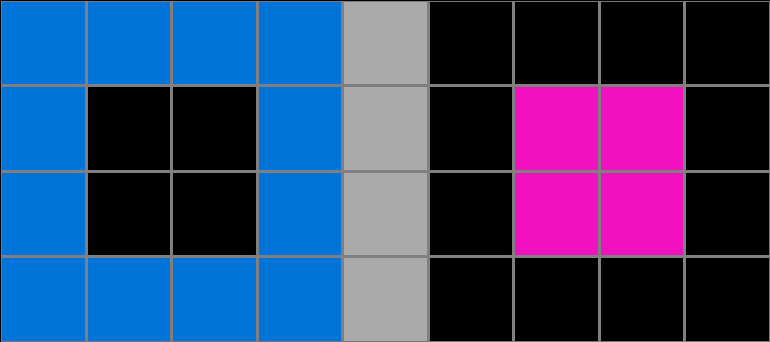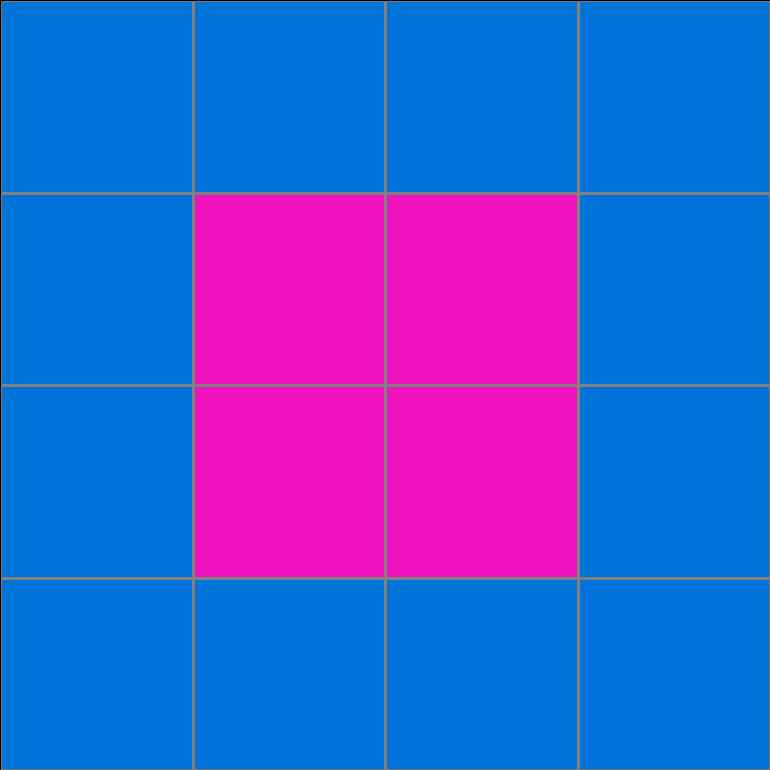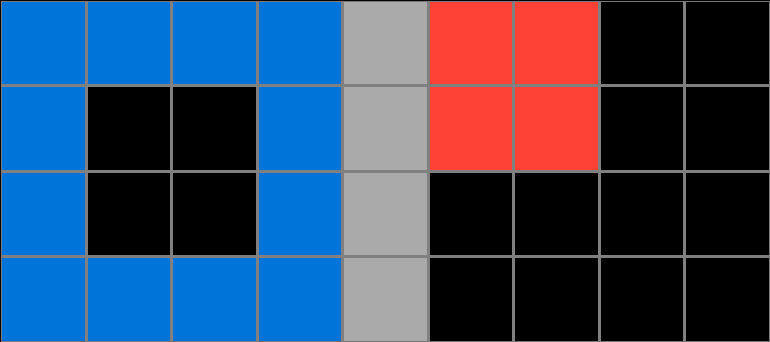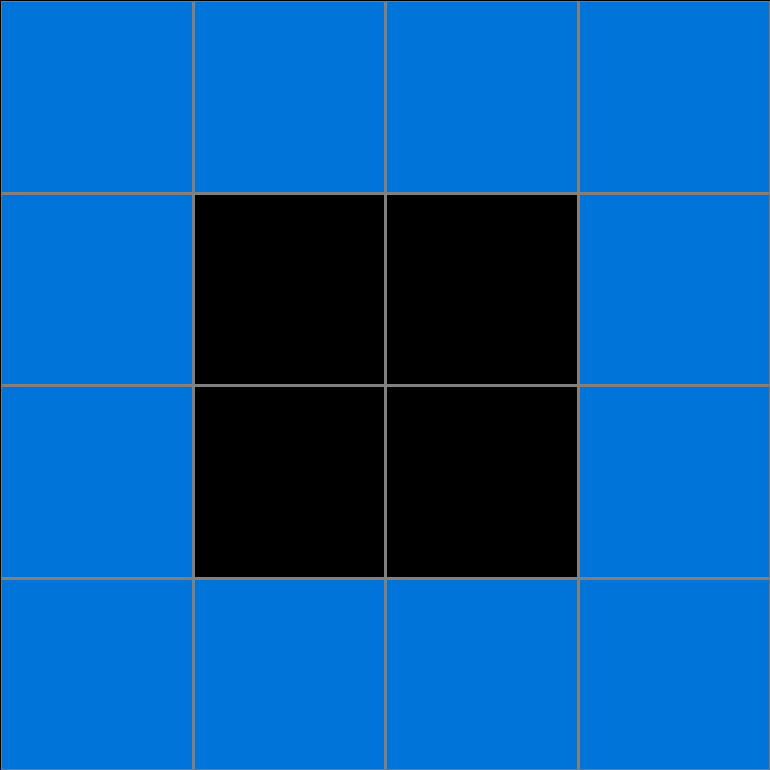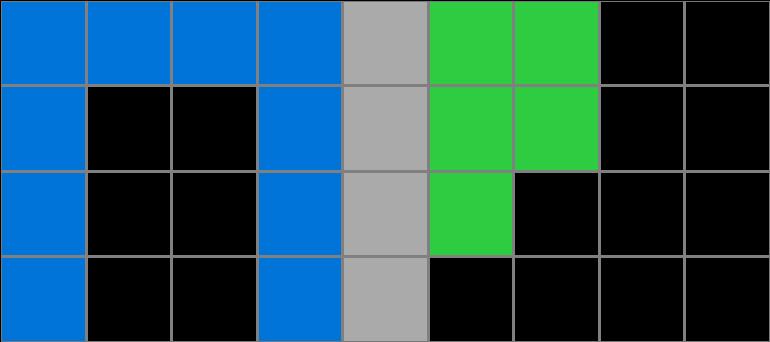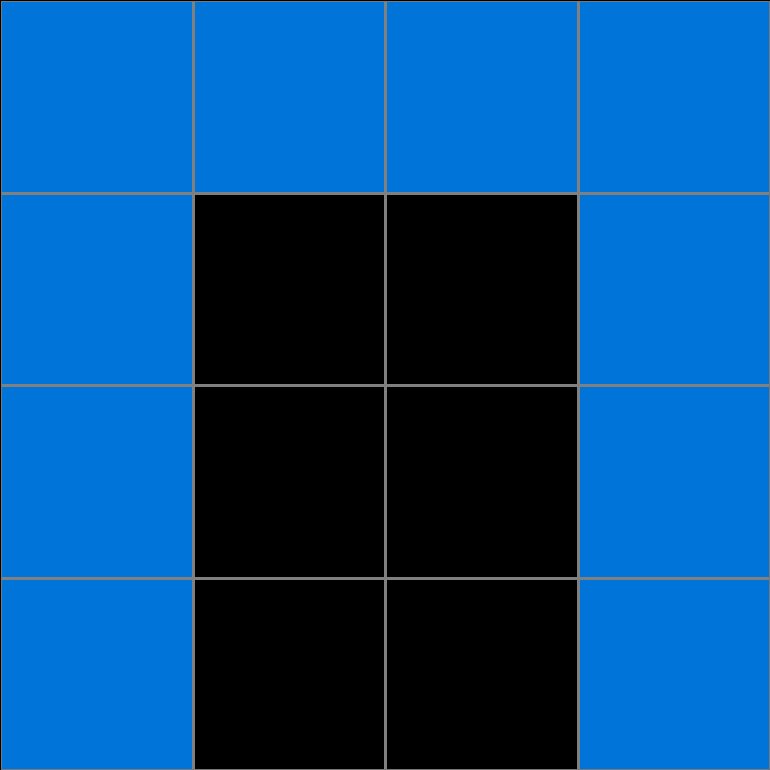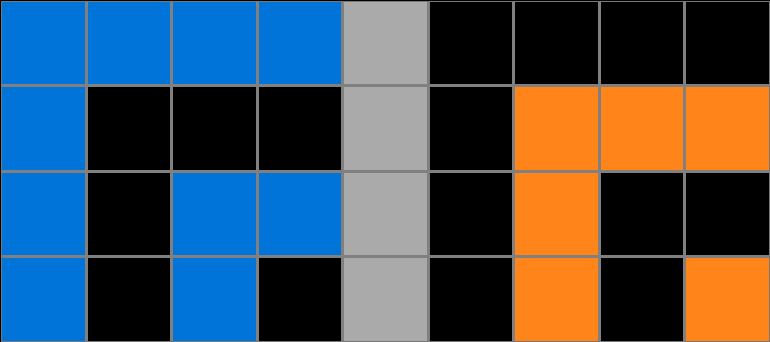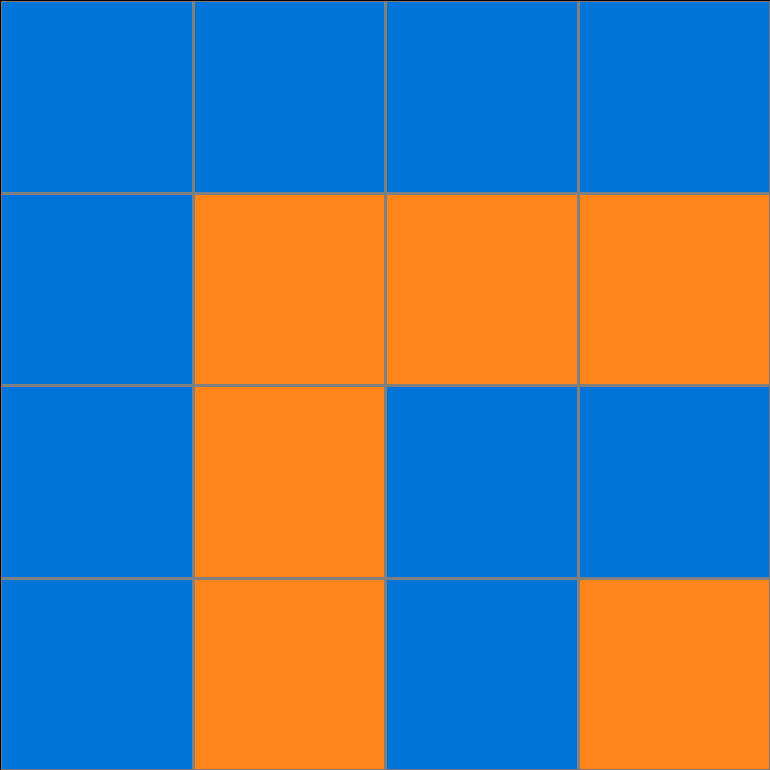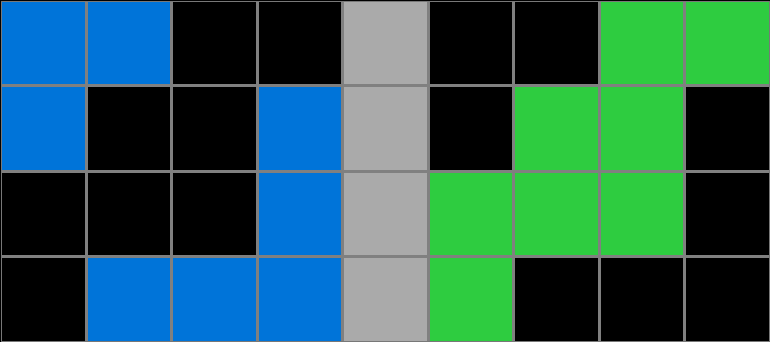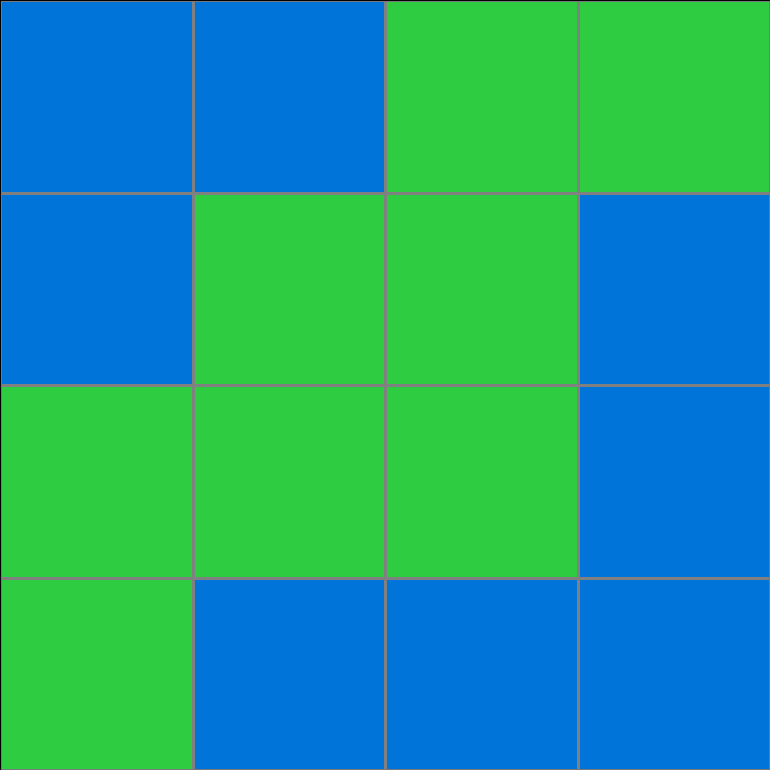Participant 1
Initial description: Copy the blue boxes. If the cases in the second input does not overlap the blue boxes, copy them, otherwhise, ignore them
Final description: Copy the blue boxes. If the cases in the second input does not overlap the blue boxes, copy them, otherwhise, ignore them
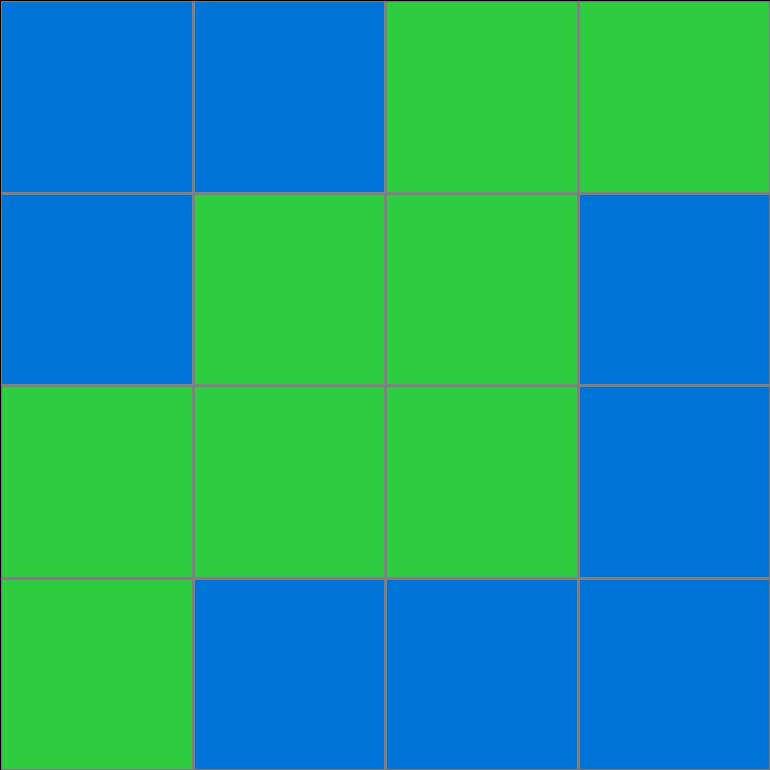
Participant 2
Initial description: If the second shape made by the other color on the grid can fit perfectly overlapped with the blue shape, then both colored shapes will be represented on the output.
Final description: If the second shape made by the other color on the grid can fit perfectly overlapped with the blue shape, then both colored shapes will be represented on the output.
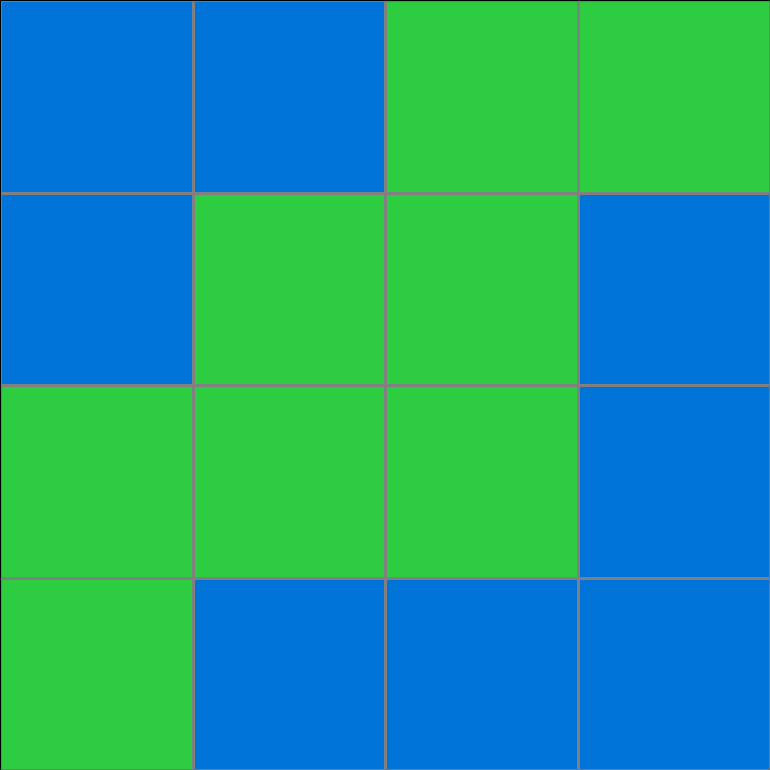
Participant 3
Initial description: Create a checkerboard pattern
Final description: Create a checkerboard pattern
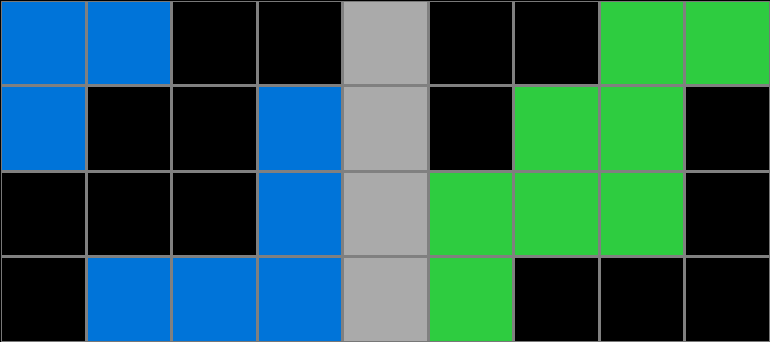
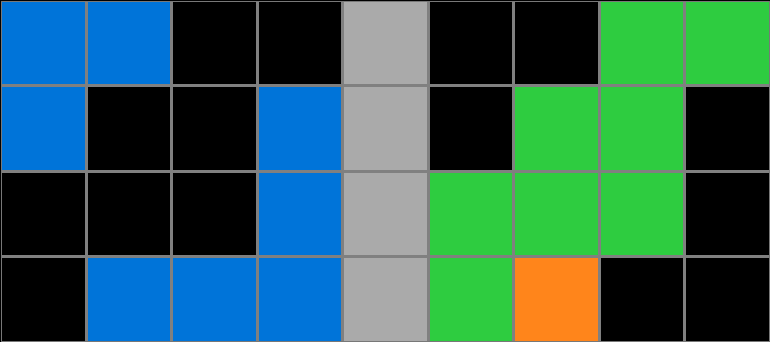
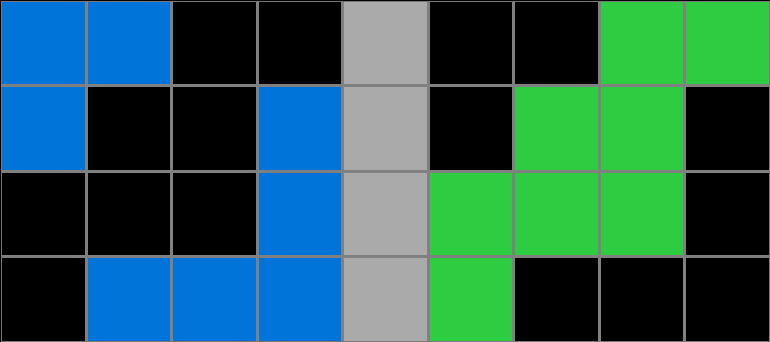
Participant 4
Initial description: no
Final description: no
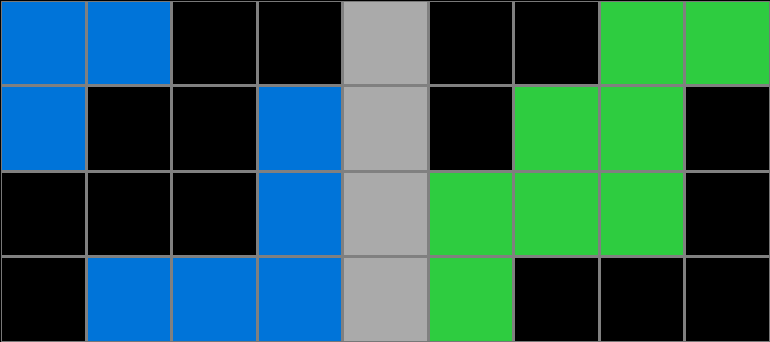
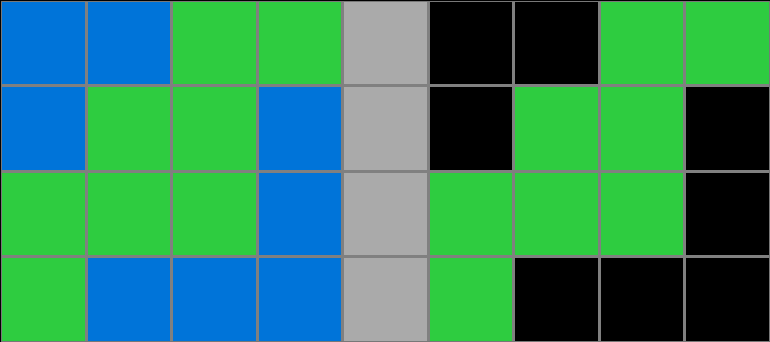
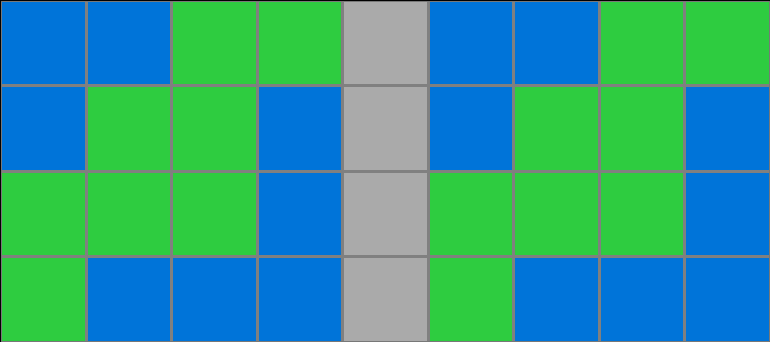
Participant 5
Initial description: Merge the two patterns together
Final description: Merge the two patterns together
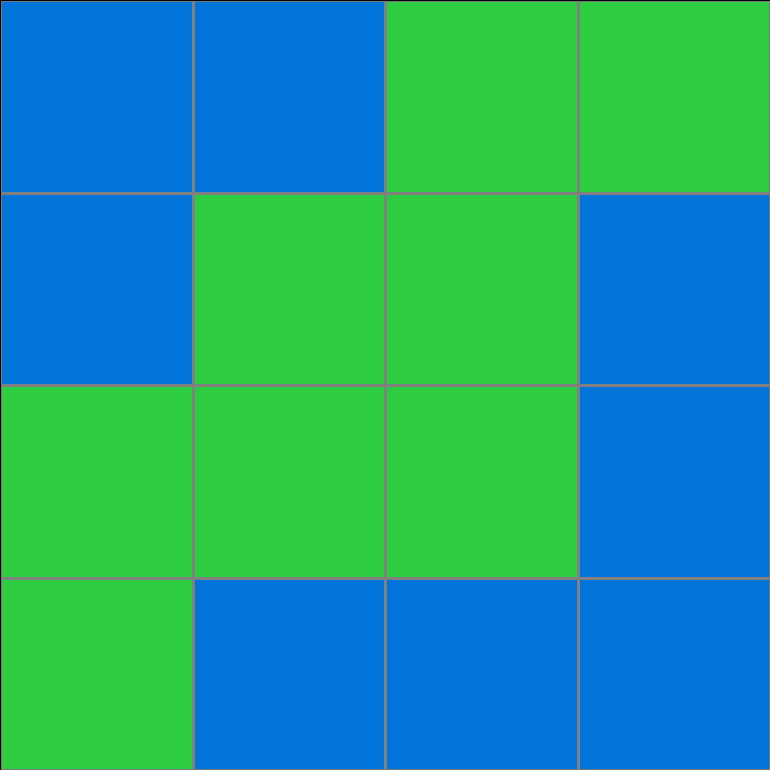
Participant 6
Initial description: Copy from input.
Final description: I wanted to use Example Output 4.
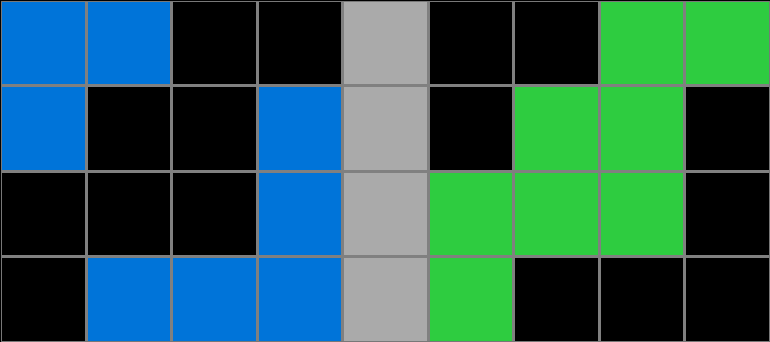
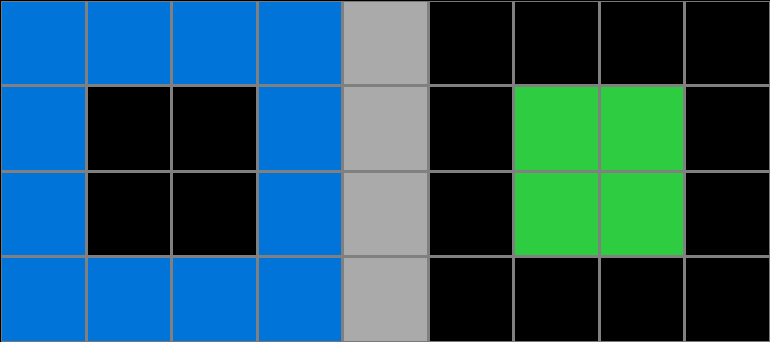
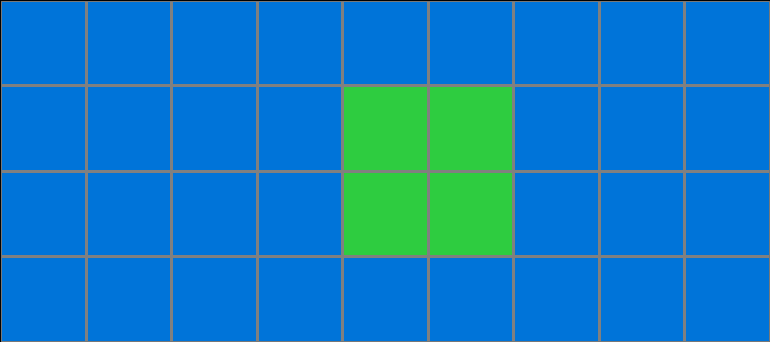
Participant 7
Initial description: Combine the two grids with the two prominent colors staying in place.
Final description: Combine the two grids with the two prominent colors staying in place.
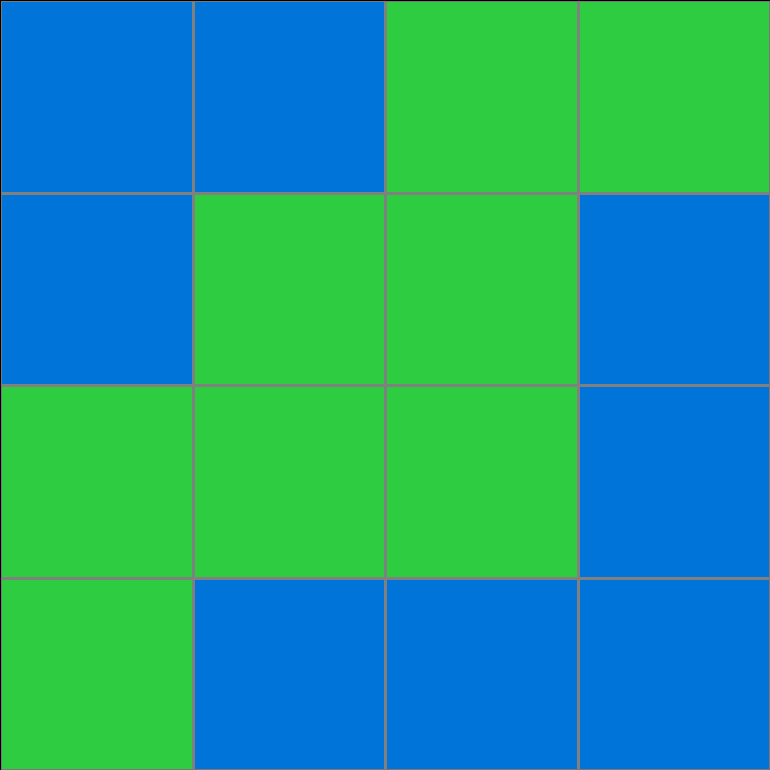
Participant 8
Initial description: if the two shapes provided in the input can fit together (like tetris) then you should combine them for the output. If they cannot fit together seamlessly, then you recreate input 1 as the output.
Final description: if the two shapes provided in the input can fit together (like tetris) then you should combine them for the output. If they cannot fit together seamlessly, then you recreate input 1 as the output.
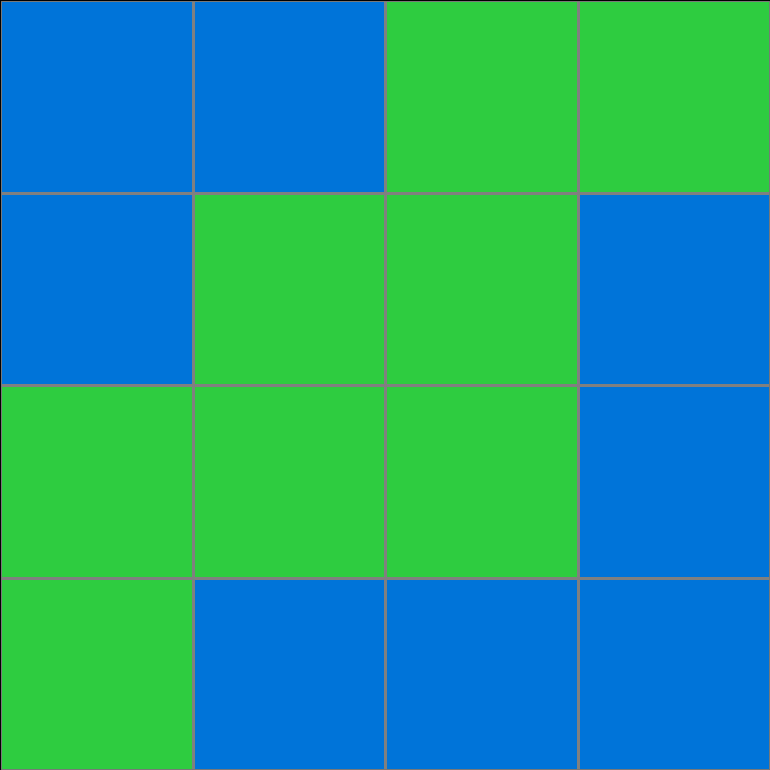
Participant 9
Initial description: combine colors if no overlap
Final description: combine colors if no overlap
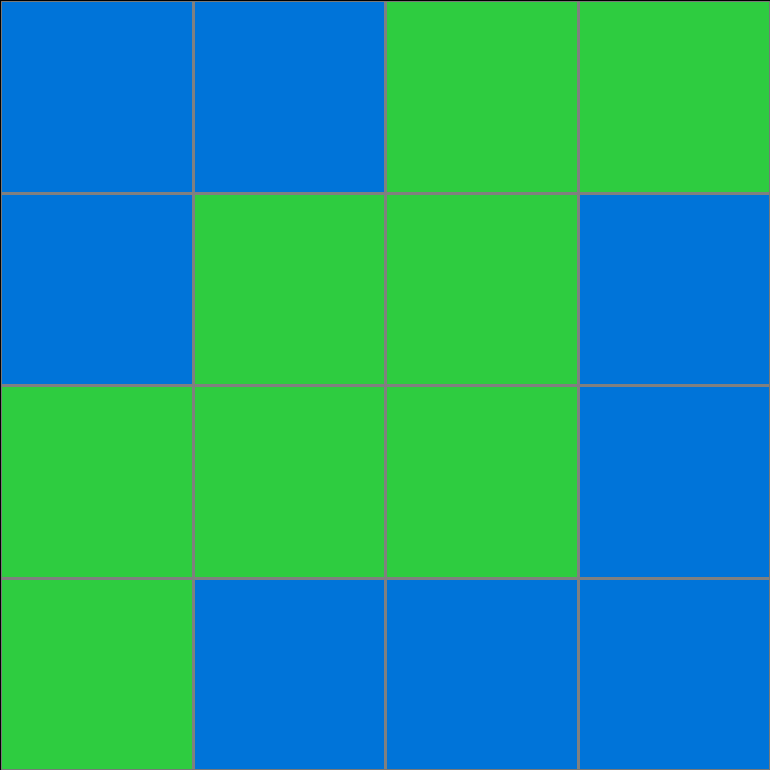
Participant 10
Initial description: For this rule was to merge the two images into one. The black in the first image was where the color from the second image would go. That is, however, if the images match up to each other, or else the first input is the correct answer. These are the case for examples 2, 5, and 6. In those examples, the black areas didn't match up to merge between both pictures like they did in the other examples.
Final description: For this rule was to merge the two images into one. The black in the first image was where the color from the second image would go. That is, however, if the images match up to each other, or else the first input is the correct answer. These are the case for examples 2, 5, and 6. In those examples, the black areas didn't match up to merge between both pictures like they did in the other examples.
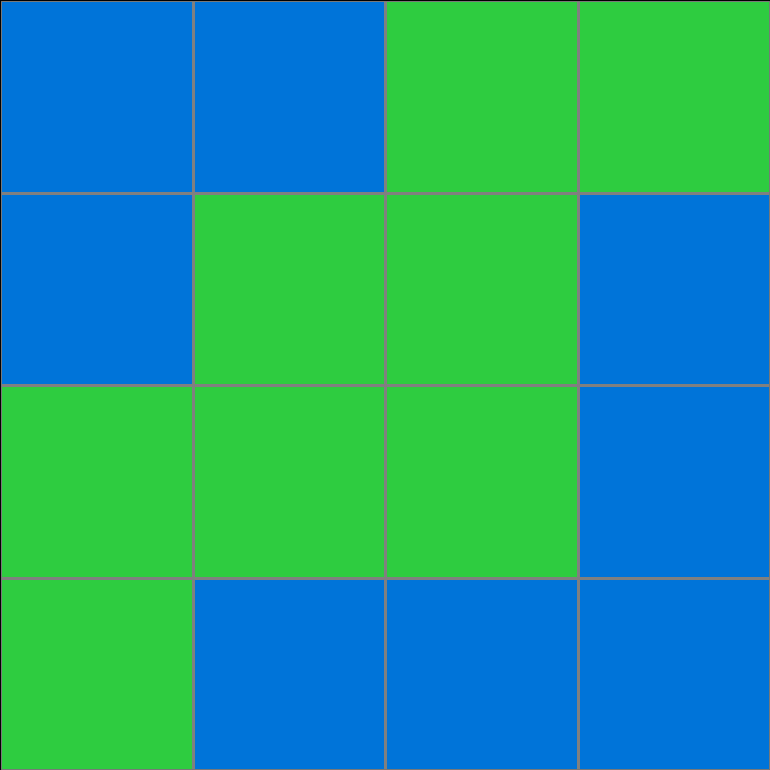
Participant 11
Initial description: the two colored planes combine into one picture in the output, as long as there is no overlap with the sections with color.
Final description: the two colored planes combine into one picture in the output, as long as there is no overlap with the sections with color.
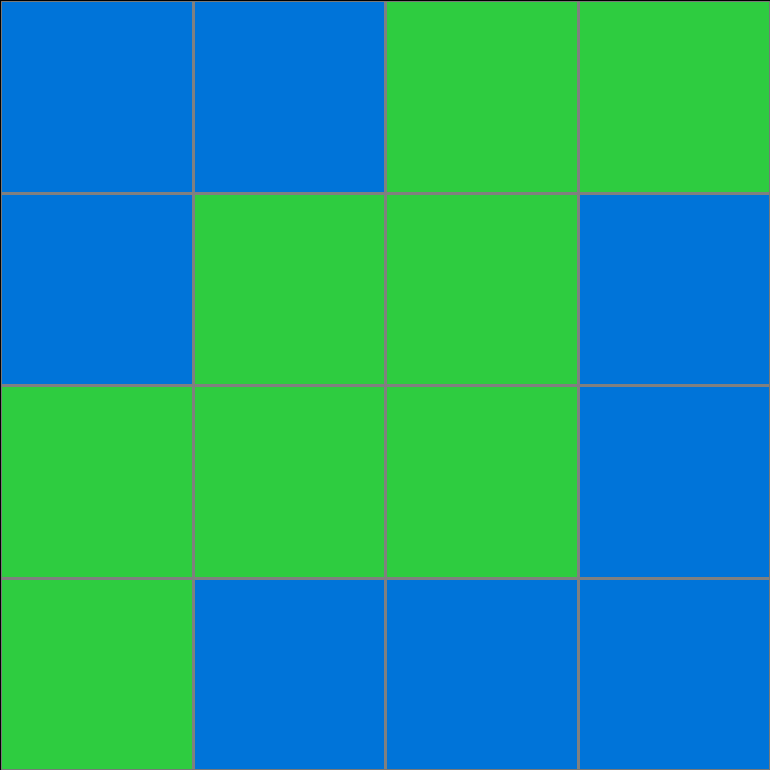
Participant 12
Initial description: Refer to example output 1
Final description: Refer to example output 1
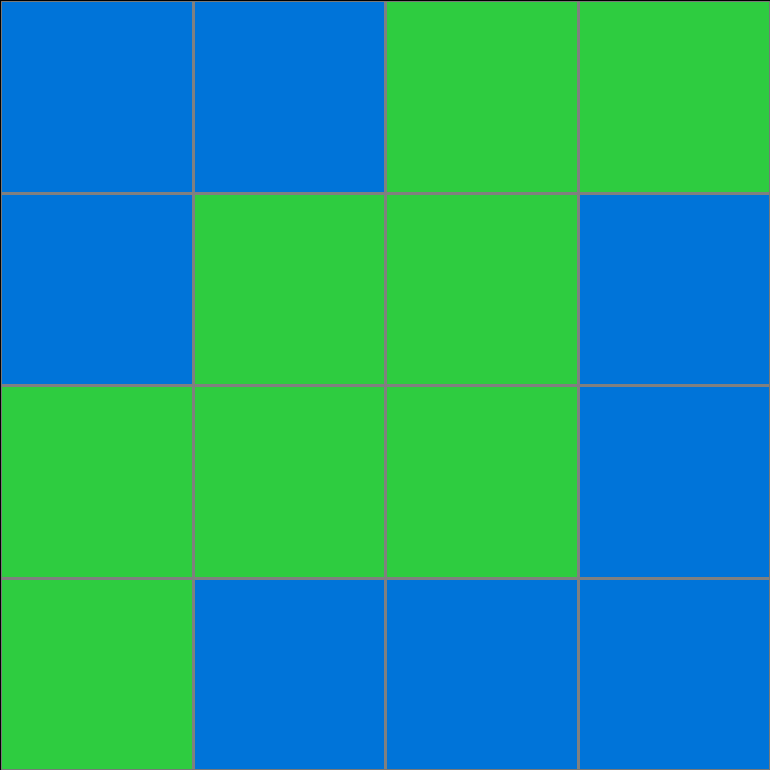
Participant 13
Initial description: Follow along with the examples
Final description: I thought I had to follow the examples
